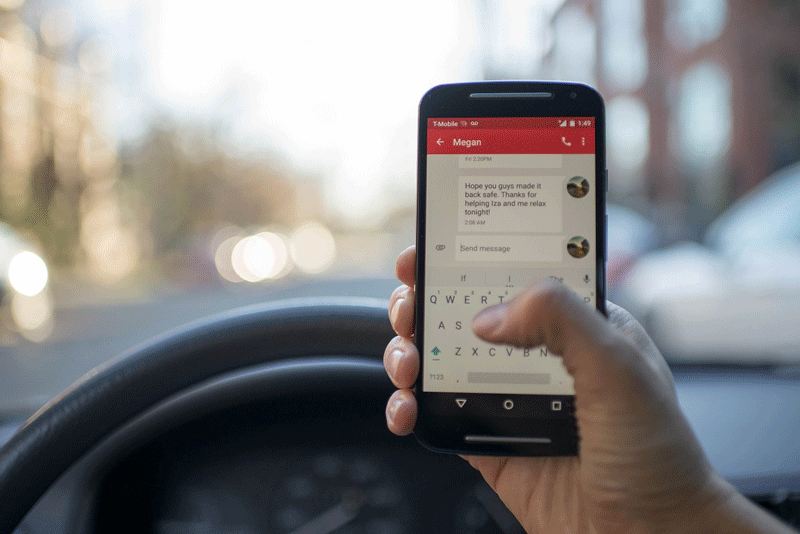In the realm of modern communication, what does it mean when a guy texts you ok the hidden meanings behind text messages has become an art form. Among the myriad of messages exchanged daily, the simple response of “Ok” holds a particular intrigue, especially when it comes from a guy. While seemingly innocuous, this two-letter word can convey a spectrum of emotions, intentions, and nuances. Let’s delve into the intricacies of this minimalistic yet impactful communication and explore what it truly means when a guy texts you “Ok.”
What does it mean when a guy texts you ok
- The Affirmative “Ok”
- The Casual “Ok”
- The Dismissive “Ok”
- The Conciliatory “Ok”
- The Sub textual “Ok”
- The Placeholder “Ok”
- The Polite “Ok”
The Affirmative “Ok”
The most straightforward interpretation of “Ok” is its affirmative sense. When a guy responds with a simple “Ok,” he might be indicating agreement, compliance, or acknowledgment. It could be his way of saying, “I understand” or “I’m on board.” In this context, there’s typically no hidden agenda; he’s simply confirming receipt of the message and expressing his acceptance of its contents. For more informative blogs visit rare cow
The Casual “Ok”
Sometimes, a guy’s “Ok” is devoid of deeper significance. It’s a casual response, akin to a nod in face-to-face conversation. This type of “Ok” is often used in low-stakes interactions or when the conversation doesn’t warrant a lengthy reply. It doesn’t necessarily imply disinterest or indifference but rather a relaxed attitude towards the exchange.
The Dismissive “Ok”
On the flip side, a guy might employ “Ok” as a subtle way to brush off a conversation or downplay its importance. This dismissive usage can indicate disengagement or a lack of enthusiasm. When accompanied by a period (“Ok.”), it might come across as curt or standoffish, signaling the desire to end the dialogue without further elaboration. “what does it mean when a guy texts you ok”
The Conciliatory “Ok”
In some cases, “Ok” serves as a peacekeeping gesture, especially after a disagreement or misunderstanding. If a guy responds with “Ok” following a heated exchange, it could signify an attempt to diffuse tension and move past the conflict. It’s a way of signaling readiness to reconcile without delving into the specifics of the disagreement.
The Sub textual “Ok”
Text messages are notorious for their ambiguity, leaving ample room for interpretation. When a guy sends “Ok,” the subtext can vary depending on the context and the dynamics of the relationship. For instance, if he typically communicates in lengthy paragraphs but suddenly switches to “Ok,” it might hint at underlying issues or emotional distance.
The Placeholder “Ok”
In some instances, “Ok” functions as a placeholder response, indicating that the guy intends to address the message later or is preoccupied at the moment. It’s akin to saying, “I’ve seen your message, but I don’t have the bandwidth to respond right now.” While it might seem dismissive at first glance, it doesn’t necessarily reflect disinterest.
The Polite “Ok”
Lastly, “Ok” can be a polite and neutral way to conclude a conversation or confirm receipt of information. If a guy tends to be courteous in his communication style, his use of “Ok” likely falls into this category. It’s a way of closing the loop without leaving the sender hanging or appearing impolite.
Understanding the nuances of “Ok” requires a nuanced approach, taking into account factors such as tone, context, and individual communication styles. While it’s tempting to read into every word of a text message, it’s essential to avoid jumping to conclusions and instead strive for open communication and clarity.
In conclusion, when a guy texts you “Ok,” it could mean a myriad of things, ranging from agreement and affirmation to dismissal or disengagement. Rather than fixating on the word itself, focus on the broader context of the conversation and the dynamics of your relationship to decipher its true significance. After all, in the complex landscape of digital communication, what does it mean when a guy texts you ok message tells a story waiting to be decoded.




